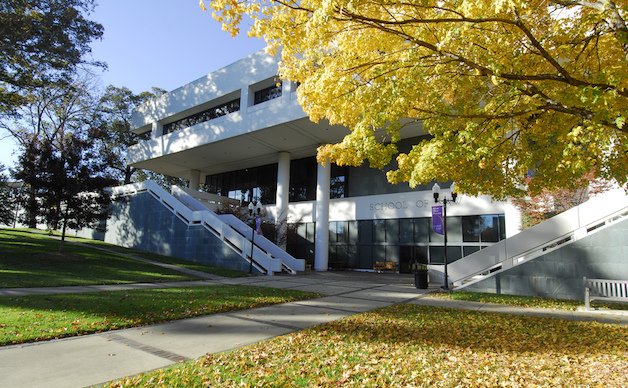
Sunday Splits
Serving You Circuit Splits Every Sunday
Benjamin Nigrin | Is Evidence of Transmission Over the Internet Sufficient to Prove Transmission in Interstate Commerce?
In 2019, Theory Wellness, an operator of marijuana dispensaries, contracted with Sean O’Donovan, a local Massachusetts attorney, to provide government-relations assistance in support of their endeavor to receive approval from the city of Medford, MA, to sell marijuana. O’Donovan attempted to influence Medford’s chief of police through his brother to procure the approval by promising him some of the business's future proceeds but was eventually caught. He was found guilty of two counts of honest-services wire fraud and one count of federal program bribery.
Ben Hays | Stinson or Kisor: Which Applies when Interpreting Federal Sentencing Guidelines?
Oklean Jacob Ponle orchestrated a massive phishing scheme in 2019, leading to $8.03 million in actual losses and $51.3 million in intended losses to his victims. The scheme consisted of gaining unauthorized access to emails of company executives and using these emails to contact other employees with urgent demands to wire money, ostensibly for corporate needs, which ended up in the defendant’s pockets. Some of the wires were caught and reversed by banks; this is the source of the intended loss amount. After an FBI investigation and arrest, Ponle pleaded guilty to one count of wire fraud in federal court. In determining the range for his sentence, the district court consulted federal sentencing guidelines, which provide a different number of points added to a defendant’s base level depending on the monetary amount of loss.
Abigail M. Veazie | Bars to Certificates of Innocence for the Wrongfully Convicted
Federal law, as codified in 28 U.S.C. § 1495 and § 2513, provides the wrongfully convicted and imprisoned a mechanism to seek compensation from the United States government. 28 U.S.C. § 1495; United States v. Bala, 948 F.3d 948, 949 (8th Cir. 2020). Section 1495 grants jurisdiction for such cases to the Court of Federal Claims, but to be eligible, a person must first obtain a “certificate of innocence” from the court that reverses or sets aside the conviction. 28 U.S.C. § 2513 (a)(1). The decision to grant or deny a certificate is left to the discretion of the district court. United States v. Graham, 608 F.3d 164, 169 (4th Cir. 2010); Betts v. United States, 10 F.3d 1278, 1283 (7th Cir. 1993).
